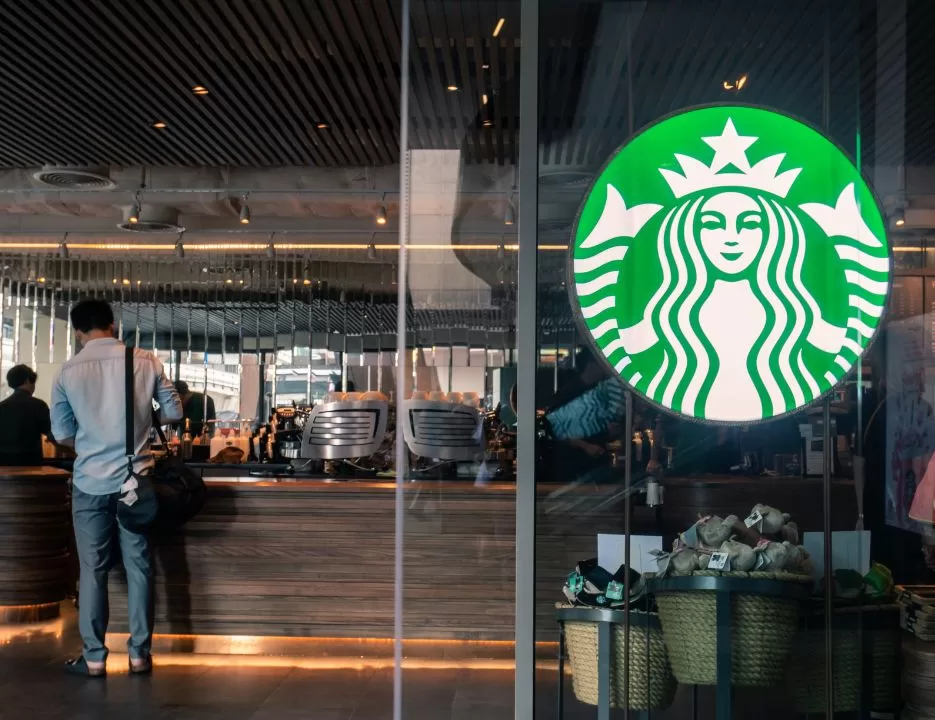
Recently, the Brazilian master franchisee/licensee of the world-renowned brands STARBUCKS, TGI FRIDAY’s and EATALY, filed a request for judicial recovery under the terms of the relevant Brazilian legislation, alleging an adverse scenario and financial difficulties for its operations in Brazil during the post- COVID19 pandemic.
According to the records, one of the reasons for the request for judicial recovery was the sending of a “termination notice” on October 13, 2023 by the parent company and owner of the Starbucks brand in the United States, declaring “the immediate termination of the contracts license from Starbucks”, based on contractual breach, including non-payment of royalties due for the Brazilian operation. However, the Brazilian master franchisee/licensee does not recognize such notification as valid, arguing that the termination notification would not have been made in accordance with current local legislation.
The Brazilian master franchisee/licensee seeks to obtain an urgent injunction so that the effects of said termination are suspended at least until the end of its request for judicial recovery, or mediation between the parties, arguing that maintaining the contract in force is essential for your activities and cash flow.
However, in a preliminary decision, the judge responsible for judicial recovery at the Bankruptcy Court of the State of São Paulo, rejected the injunction, arguing that this would not be the appropriate court to deal with this request, since the controversy over the termination of the franchise agreement it should be discussed before a court specialized in business law (or by arbitration if there is a contractual provision).
The judge also mentioned in his decision that, in this type of contract, violation can occur for a variety of reasons in addition to non-payment of royalties, but also due to non-compliance with guidelines from the parent company and brand holder on the use and quality controls of licensed products. , for example. Therefore, there are other legal factors that may lead the franchisor and brand owner to intend to terminate the contract.
It is important to highlight that, in accordance with our civil legislation, the termination of contracts can be freely established between the parties and unilateral termination can be agreed, in cases where the law, expressly or implicitly, allows it, through notification to the other party. Exceptionally, given the object of the contract, if one of the parties has made considerable investments in its execution, unilateral termination will only take effect after a period compatible with the complexity and size of the investments made. It is based on this exception that the Brazilian master franchisee/licensee is trying to recover the Starbucks brand license, although it has already been operating the brand franchise in Brazil since 2018.
This case highlights the importance of drafting robust clauses regarding the termination of the contract and its effects, as well as the election of the forum (or arbitration/mediation) and jurisdiction appropriate to each specific case, which must respect practice and legislation local.
*Pablo Torquato is a lawyer specializing in the contractual area of Intellectual Property at Montaury Pimenta, Machado & Vieira de Mello.
Source: https://www.mundodomarketing.com.br/termino-contratual-do-licenciamento-e-seus-reflexos-o-recente-caso-da-starbucks-brasil/


